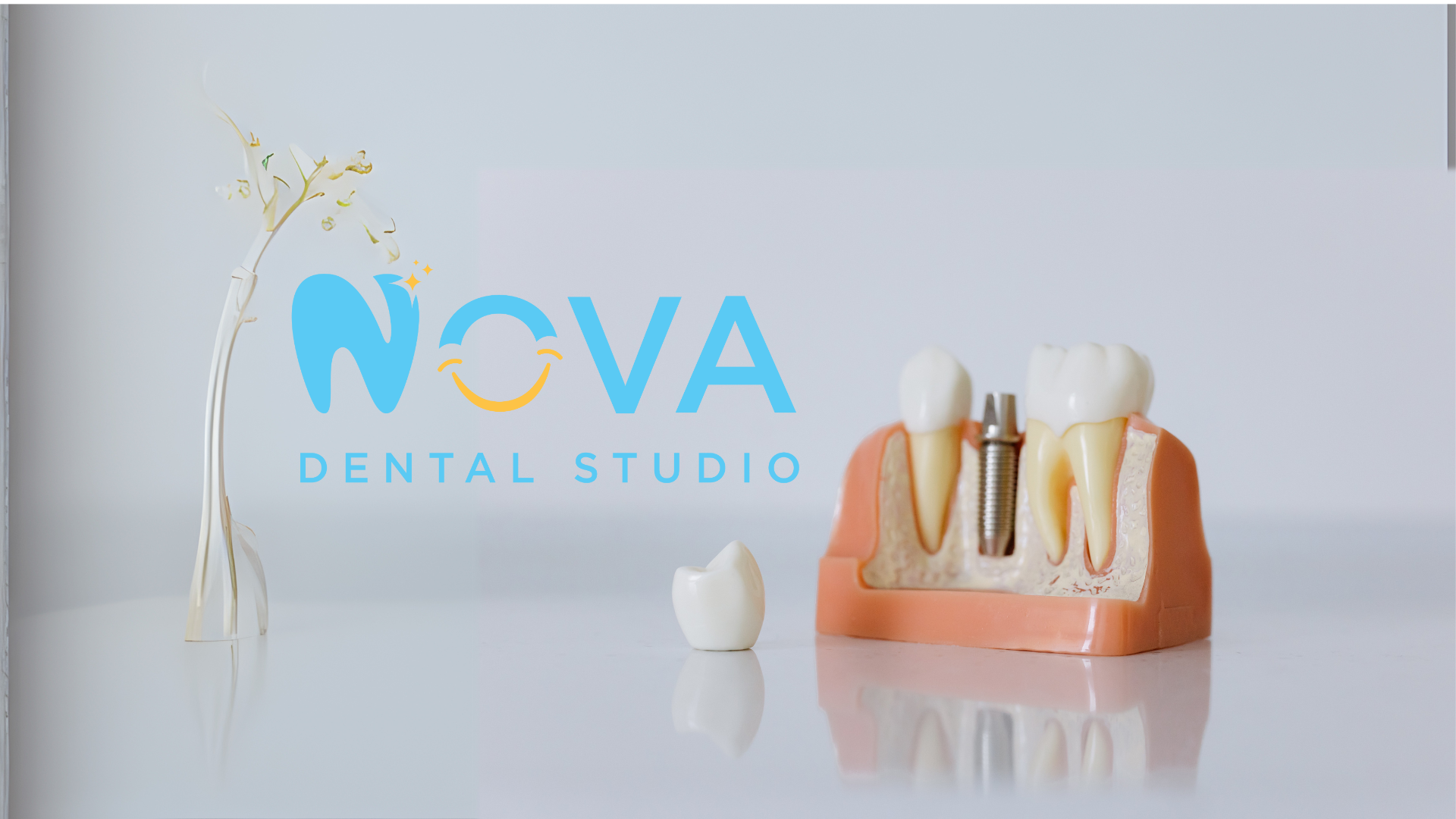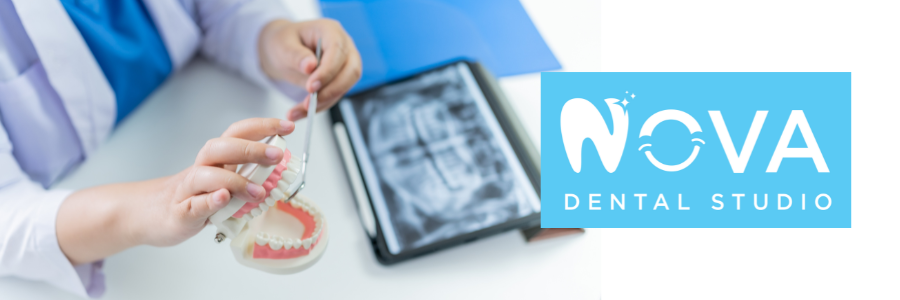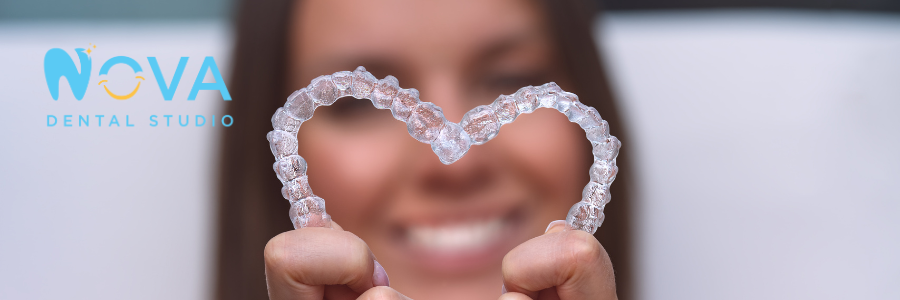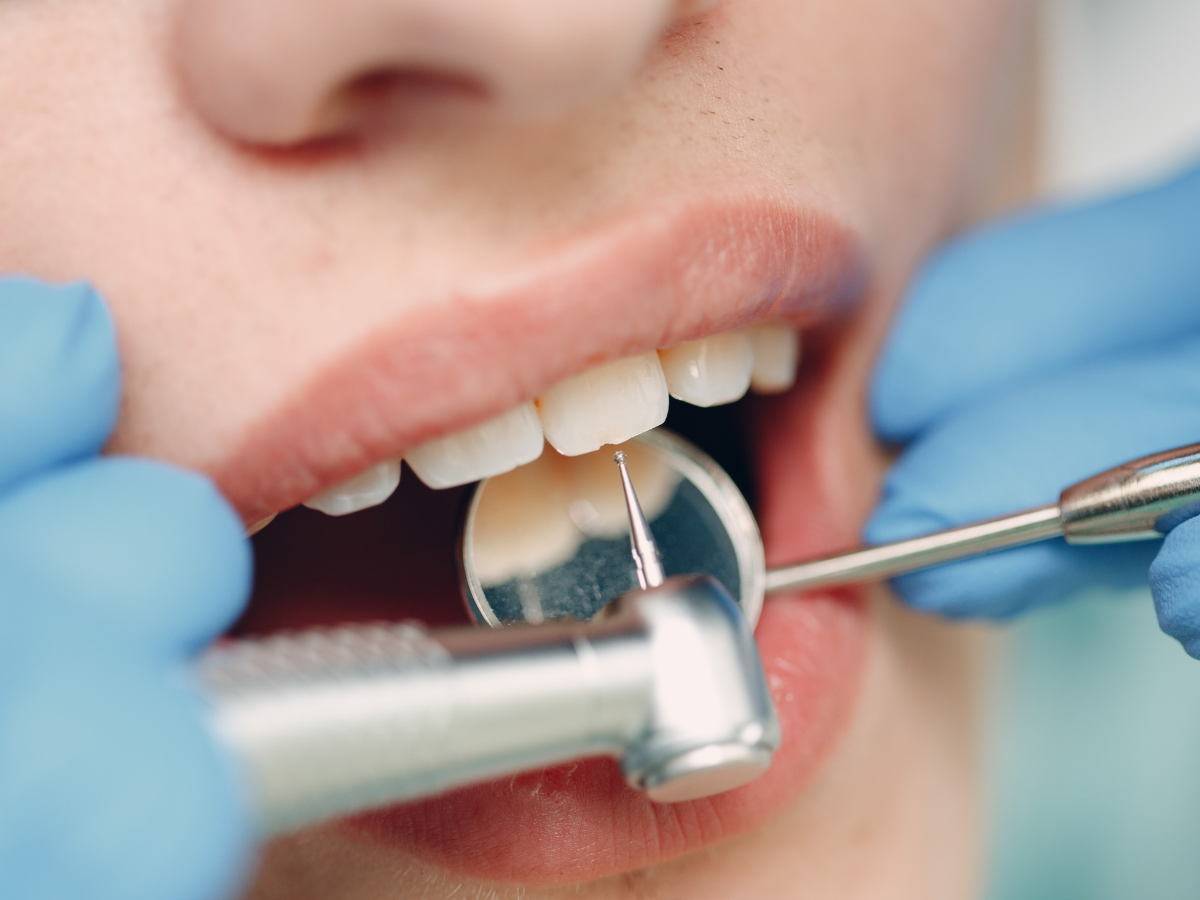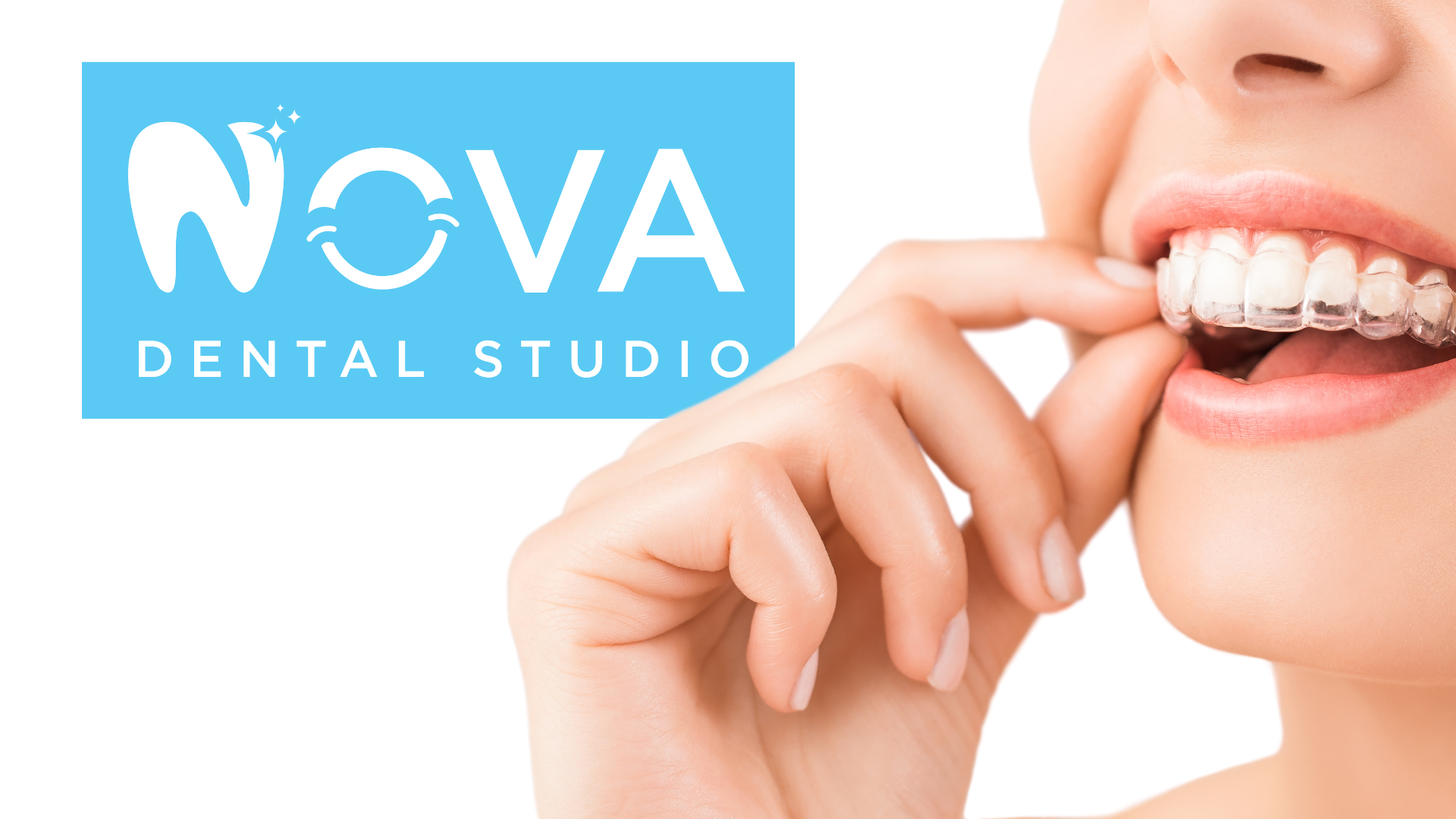How to Use Invisalign Cleaning Crystals to Maintain Hygiene and Comfort
Understanding Invisalign Cleaning Crystals
What Are Invisalign Cleaning Crystals?
Invisalign cleaning crystals are specially formulated cleaning agents designed to keep your aligners fresh and hygienic. They usually come in small, granulated packets that you dissolve in water. These crystals help remove plaque, bacteria, and food particles that can accumulate on your aligners during wear. Think of them as a gentle but effective way to maintain the clarity and cleanliness of your Invisalign trays.
- They are designed to be gentle on the aligners.
- They help prevent odor buildup.
- They contribute to overall oral hygiene.
Using cleaning crystals is a simple addition to your daily routine, but it makes a big difference. Regular cleaning helps keep your aligners clear and comfortable, which is important for the success of your Invisalign treatment
Benefits of Using Cleaning Crystals
Using Invisalign cleaning crystals offers several benefits beyond just keeping your aligners clean. For starters, they help maintain the clarity of your trays, preventing them from becoming cloudy or discolored. This is important because nobody wants stained aligners! Also, cleaning crystals helps eliminate bacteria and plaque, which can lead to bad breath and other oral health issues. At Nova Dental Studio, we always stress the importance of keeping your aligners clean to avoid complications during treatment. Plus, clean aligners just feel better in your mouth. It's small, but it can make a big difference in your overall comfort.
- Maintains aligner clarity.
- Reduces bacteria and plaque.
- Freshens breath.
How Cleaning Crystals Work
Invisalign cleaning crystals work through a chemical reaction when dissolved in water. The active ingredients in the crystals create a solution that loosens and dissolves the buildup of plaque, bacteria, and food particles on your aligners. The solution is designed to be gentle enough not to damage the plastic of the aligners but effective enough to remove debris. Simply soak your aligners in the solution for a specified amount of time, then rinse them thoroughly with water. It’s a straightforward process that can significantly improve the cleanliness and hygiene of your Invisalign treatment. If you're looking for a great dentist in irvine, come see us at Nova Dental Studio. We can help you with all your Invisalign needs.
- Dissolve the crystals in water.
- Soak aligners for the recommended time.
- Rinse thoroughly with water.
Preparing Your Invisalign Trays for Cleaning
Removing Your Trays Safely
Taking your Invisalign trays out the right way is super important. You don't want to damage them or hurt your teeth. Always gently use your fingertips to pry the aligners away from your molars. Avoid using sharp objects or excessive force, which can warp or break the plastic. If you're having trouble, tools designed to help remove aligners are available at most drugstores or from Nova Dental Studio.
Here's a quick rundown:
- Start at the back molars.
- Use even pressure.
- Wash your hands before removing.
Rinsing Your Trays Before Cleaning
Before you soak your trays in cleaning crystals, give them a good rinse. This gets rid of loose food particles and saliva—trust me, you don't want that stuff sitting in the cleaning solution. Use lukewarm water—hot water can warp the plastic, and cold water might not clean as well. A quick rinse makes the cleaning crystals work much better.
- Use lukewarm water only.
- Rinse immediately after removing the trays.
- Don't use soap or toothpaste at this stage.
Inspecting for Damage or Wear
Give your trays a good once-over every time you take them out. Look for cracks, tears, or any other signs of damage. If you spot something, call Nova Dental Studio right away. Wearing damaged trays can irritate your gums and mess with your treatment. Also, check for any buildup or discoloration that the cleaning crystals aren't removing. If you see that, it might be time for a new set of aligners.
Regular inspection of your Invisalign trays is key to maintaining oral hygiene and the effectiveness of your treatment. Catching issues early can prevent discomfort and ensure your aligners fit properly throughout your treatment.
Step-By-Step Guide to Using Cleaning Crystals
Measuring the Right Amount of Crystals
Getting the crystal-to-water ratio right is super important. If there are too many crystals, you might have a weird residue on your aligners. Too little, and they might not get properly cleaned. Usually, the cleaning crystal packet instructions will tell you exactly how much to use, but a good rule of thumb is one packet or teaspoon per cup of water. Always double-check the instructions specific to your brand.
Mixing with Water for Optimal Results
Okay, so you've got your crystals measured out. Now what? You need to mix them with water. But not just any water! Warm water is the way to go. It helps the crystals dissolve better and faster. Here's how I usually do it:
- Grab a clean container or glass.
- Pour in the recommended amount of warm water.
- Add the cleaning crystals.
- Stir until the crystals are completely dissolved. You don't want any gritty bits left at the bottom.
Make sure the water isn't too hot, though. You don't want to warp your aligners! Just comfortably warm to the touch is perfect. Also, don't use soap or mouthwash; these can damage the aligners or leave a nasty taste.
Soaking Your Trays Effectively
Alright, you've got your cleaning solution ready. Now it's time to soak those aligners! This is where the magic happens. Here's what you need to do:
- Place your aligners in the container with the cleaning solution.
- Make sure they're fully submerged. You can gently weigh them down if they're floating with something clean.
- Let them soak for the recommended time. Usually, it's around 15-30 minutes, but again, check the instructions on your cleaning crystal packet.
After soaking, remove the aligners and rinse them well under running water. You want to get rid of any leftover cleaning solution. At Nova Dental Studio, we always recommend using a soft-bristled toothbrush to gently scrub the aligners while rinsing to ensure they're squeaky clean. And that's it! Your aligners should be fresh, clean, and ready to return to your mouth.
Maintaining Hygiene with Regular Cleaning
Frequency of Cleaning Your Trays
How often should you clean your Invisalign trays? It's a question we get a lot at Nova Dental Studio. The general rule of thumb is to clean your trays every day. You should clean them each time you remove them to eat. This prevents buildup and keeps things fresh. Think of it like brushing your teeth – you wouldn't skip a day, right? Cleaning your trays is just as crucial for your oral health. For patients in Invisalign Irvine CA, we often recommend washing them in the morning and before bed at a minimum.
Signs That Your Trays Need Cleaning
How do you know if your trays need cleaning? Here are a few signs to watch out for:
- Cloudiness or discoloration: If your trays are no longer crystal clear, it's time for a cleaning.
- Foul odor: This is a clear sign of bacterial buildup.
- Visible plaque or debris: If you see anything stuck to your trays, clean them ASAP.
- Changes in taste: A funky taste can indicate that your trays are dirty.
Don't delay cleaning your trays if you notice any of these signs. Regular cleaning prevents these issues and keeps your Invisalign treatment on track.
Tips for Daily Maintenance
Here are some simple tips to incorporate into your daily routine to keep your Invisalign trays clean and fresh:
- Rinse your trays every time you remove them. This helps remove loose food particles and saliva.
- Brush your trays gently with a soft-bristled toothbrush. Use clear, unscented soap or a dedicated Invisalign cleaning solution.
- Soak your trays regularly in Invisalign cleaning crystals or a denture cleaner. Follow the product instructions carefully.
- When you're not wearing them, store your trays in a clean, dry case to prevent them from getting dirty or damaged.
Maintaining good oral hygiene is essential during Invisalign treatment. Neglecting to clean your trays can lead to bad breath, tooth decay, and gum disease. Make cleaning your trays a non-negotiable part of your daily routine for a healthy and prosperous Invisalign journey. At Nova Dental Studio, we emphasize the importance of consistent cleaning to all our patients.
Common Mistakes to Avoid When Using Cleaning Crystals
Using Too Much or Too Little
One common mistake is not using the correct amount of cleaning crystals. Too much can leave a residue on your trays, while using too little might not effectively clean them. Always follow the instructions on the package. It's essential to get the ratio right. Patients come into Nova Dental Studio with residue buildup because they just guessed the amount. Don't guess!
Neglecting to Rinse After Soaking
Rinsing your Invisalign trays after soaking is super important. If you don't, you could put trays with cleaning solution residue back in your mouth. That's not good for your health and can taste bad too. Make sure you rinse thoroughly with cool water. Here's a quick checklist:
- Remove trays from the cleaning solution.
- Rinse under cool, running water.
- Inspect for any remaining residue.
Always rinse your trays thoroughly after soaking. This removes any lingering cleaning solution and keeps your mouth healthy.
Ignoring Manufacturer Instructions
Ignoring the instructions that come with your cleaning crystals is a big no-no. Different brands might have other recommendations for how long to soak your trays or how much crystal to use. Always read the label and follow the directions carefully. It's there for a reason! At Nova Dental Studio, we always tell our patients to stick to the recommended guidelines. It does make a difference.
Enhancing Comfort While Using Invisalign
Importance of Clean Trays for Comfort
Clean Invisalign trays are crucial for comfort. Think about it: you're wearing these things all day. If they're dirty, it's like wearing a scratchy sweater—constantly irritating. Food particles and bacteria can build up, leading to bad breath and gum irritation. Keeping your trays clean helps avoid these problems, making your Invisalign experience much more pleasant.
How Cleaning Affects Fit and Feel
When your Invisalign trays are clean, they fit better. Buildup on the trays can change their shape slightly, making them feel tight or uncomfortable. Regular cleaning ensures the trays maintain their intended shape, so they apply the right amount of pressure to move your teeth without causing unnecessary discomfort. Plus, clean trays just feel better against your gums and teeth.
Adjusting to New Trays After Cleaning
After cleaning your trays, especially when switching to a new set, you might notice a difference in how they feel. Here’s what to expect:
- Initial Tightness: New trays are designed to move your teeth so that they might initially feel a bit snug. This is normal and usually subsides within a day or two.
- Slight Discomfort: You might experience some mild soreness as your teeth adjust. Over-the-counter pain relievers can help manage this.
- Proper Seating: Make sure the trays are fully seated against your teeth. Use Invisalign chewies to help them settle into place. If you're still experiencing discomfort after a few days, contact Nova Dental Studio. We can check the fit and make sure everything is on track.
Remember, consistency is key. Regular cleaning and proper care will keep your Invisalign trays comfortable and ensure your treatment progresses as planned. If you have any concerns, don't hesitate to contact us at Nova Dental Studio. We're here to help you achieve a healthy and confident smile!
Consulting Your Dental Professional
When to Seek Professional Advice
While Invisalign cleaning crystals are excellent, they aren't a substitute for professional dental care. If you notice persistent issues like excessive plaque buildup, unusual odours, or discomfort that doesn't resolve with cleaning, it's time to consult your dentist. Don't hesitate to reach out to Nova Dental Studio if you experience:
- Persistent bad breath even after cleaning.
- Visible changes in your gums, like redness or swelling.
- Any cracks or damage to your aligners that you can't explain?
Remember, your dentist is your partner in maintaining oral health during Invisalign treatment. They can spot potential problems early and provide solutions tailored to your needs. If you are looking for "dental cleaning near me" or an "irvine dentist", consider reaching out to Nova Dental Studio.
Discussing Cleaning Products with Your Dentist
Before you start using any new cleaning product, including Invisalign cleaning crystals, you should talk to your dentist. They can confirm that the product is safe for your aligners and won't interfere with your treatment. Here's what you might discuss:
- The ingredients in the cleaning crystals.
- Any potential allergies or sensitivities you have?
- Alternative cleaning methods if you prefer.
Understanding Your Unique Dental Needs
Everyone's dental situation is different. What works well for one person might not be the best choice for another. Your dentist can assess your needs and recommend a proper cleaning routine. This might include:
- Adjusting the frequency of cleaning based on your saliva production.
- Suggesting specific techniques for cleaning hard-to-reach areas.
- Additional products like interdental brushes or floss picks are recommended.
Nova Dental Studio can help you create a personalized plan to keep your aligners clean and your smile healthy throughout your Invisalign journey.
Thoughts on Using Invisalign Cleaning Crystals
Invisalign cleaning crystals help keep your aligners fresh and clean. Regularly using them makes your aligners more comfortable and helps maintain good oral hygiene. Just remember to follow the instructions on the package for the best results. It’s a simple step that can make a big difference in your treatment. So, make cleaning your aligners a part of your daily routine, and you’ll be on your way to a healthier smile in no time.
New Paragraph

